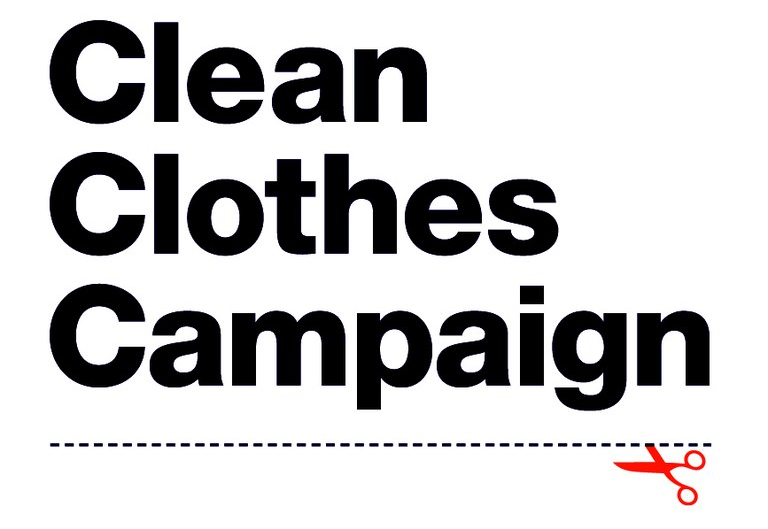Search results
8 results
Sort by:
Global living wage campaign for Cambodia kicks off
On the first day of a wave of international actions, Clean Clothes Campaign announces its support for the demand of a coalition of Cambodian unions that the multinational brands must ensure a minimum wage of US $177. Today, thousands of women and men in Cambodia and around the world, will wear stickers saying “brands must provide a living wage for workers!” in factories which produce apparel for major global brands such as H&M, Inditex, Levi's and GAP.
Global brands leave Cambodian workers fainting over fashion
On International Human Rights Day, labour network Clean Clothes Campaign joins more than 25 countries in a global call on major brands such as H&M, GAP, Levi's and Inditex to make sure Cambodian workers receive US$177 as a first step towards a living wage.
Unions Cambodia condemn violence used on peaceful protesters
After the controversial new Trade Union Law was passed on 4 April, unions call on brands to continue pushing the Government to consider the independent trade unions’ proposal for improvements on the proposed draft of trade union law in line with the Constitution and international laws. They condemn the violence that was used against peaceful protesters by the security guards.
Garment and home-textile brands sourcing from Bangladesh must sign on to the International Accord
Two months since the launch of the International Accord for Health and Safety in the Textile and Garment Industry, 150 garment and home textile brands have signed on to this life-saving agreement. Several of the most well-known brands in the world have however shown no intention to join this agreement that works towards keeping their workers safe. From this week on, organisations in the Clean Clothes Campaign network therefore commenced a public campaign against those brands that have failed to sign the Accord, starting with Levi’s.
Nine years since Rana Plaza, IKEA and Levi's are freeriding on efforts to make factories safe
Nine years ago, on 24 April 2013, the Rana Plaza building in Bangladesh collapsed, killing 1,138 people and exposing the incredibly unsafe labour conditions for factory workers in the garment sector. Today our thoughts are with all those that had to live through this terrible, preventable tragedy, as well as with the families of those who did not survive.
Levi’s breaks promise to workers in union busting struggle at Turkish garment factory
Workers at a Levi’s supplier in Türkiyehave faced harassment, attacks, arrests, and dismissal for exercising their right to chose their own union representation. Despite committing to the union that it would pressure the factory management to rehire unlawfully terminated union members, four months since the start of the conflict, Levi’s is still producing clothes at the factory and has stopped communicating with the union and labour rights advocates supporting them.
Trail of broken promises: Levi’s denies justice to unlawfully fired workers in Türkiye
After a serious instance of union busting at the Levi’s supply factory Özak Tekstil in Şanlıurfa, Türkiye, late in 2023, Levi’s made promises to uphold workers’ rights to freedom of association that the company failed to live up to in subsequent months. In response tonew research into the violations by the Worker Rights Consortium published earlier today, Clean Clothes Campaign renews its call on Levi’s to live up to its earlier promises and protect its workers’ right to organise freely.
Cheap Tricks: How Levi's and IKEA are freeriding on their competitors' progress on workplace safety in Bangladesh
Nine years since the Rana Plaza collapse, not all brands have heeded its wake up call and joined the safety mechanism that was created in its wake. Brands which are vocal about their sustainability credentials like IKEA and Levi's have refused to sign the International Accord, yet they source from factories that are made safe under the programme, thanks to the efforts of their competitors. This report by Clean Clothes Campaign and with research by Future in Our Hands (Norway) from April 2022 explores several examples of freeriding in the brands' supply chains.
